On average, expect a pool safety cover to cost anywhere between $1,500 and $3,800. Meanwhile, an automatic pool cover ranges from $8,700 to $22,000. This will depend on several factors, including the pool size and shape, an in-ground or above-ground pool, the cover type, and if it is retractable.
In some states, in-ground pool owners must have a pool cover. Others are somewhat lenient to the rule. Though a pool cover isn’t exactly the most incredible thing to look at (as opposed to your sparkling blue pool), it will help keep debris out, ensure your pool code is compliant, and ensure the safety of your family members.
Let’s discuss the different pool cover types you can consider if you’re thinking (or need) to buy one!
5 Different Types of Pool Cover
Here we go...
1. Sliding Deck or Rolling Deck Pool Cover
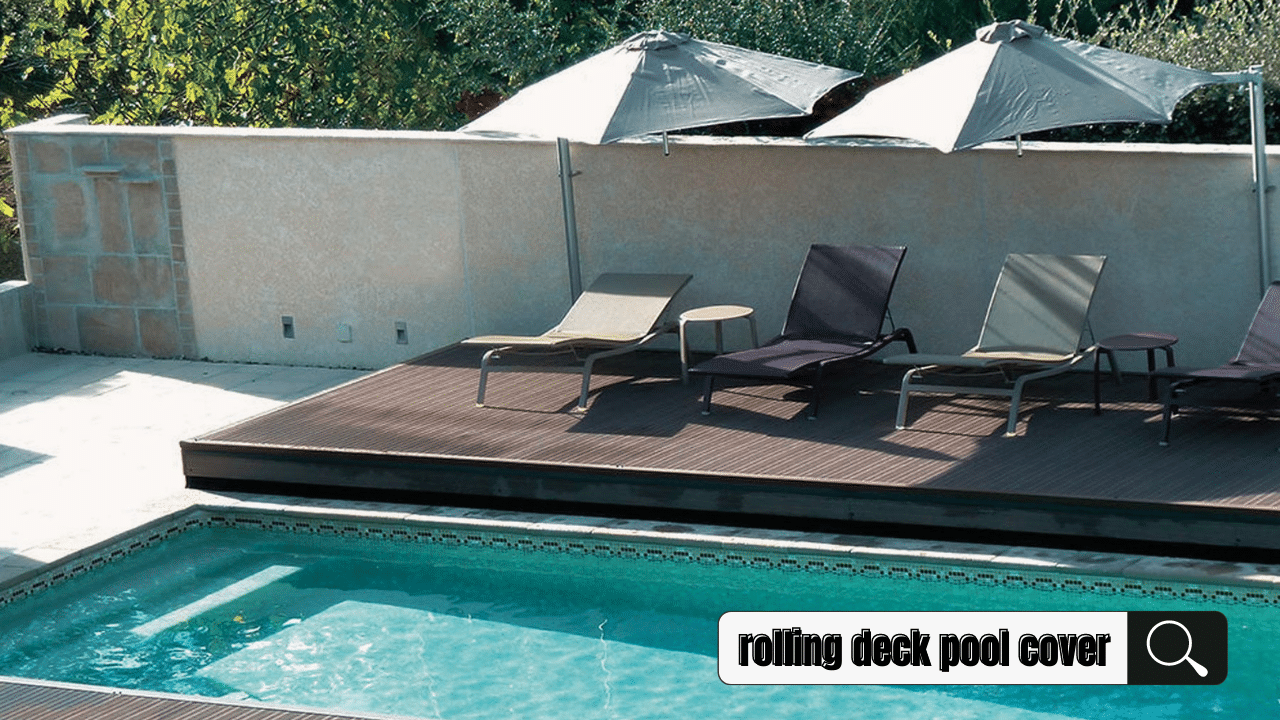
A sliding deck pool cover (also known as a rolling deck pool cover) is considered one of the most expensive inground pool cover options. This will set you back around $26,000 and $78,000.
They are expensive as these covers serve a double purpose: a deck when the pool is covered. Sometimes, even when it’s open. A sliding deck cover is designed to be durable, as it needs to withstand the weight of both outdoor furniture and people. Several are also motorized, functioning as automatic covers.
Important Note: Cheap, custom-made rolling deck pool covers resemble pool decks but are not sturdy enough to walk on.
Although these pool covers are pretty expensive, here are some benefits to keep in mind:
2. Automatic Pool Cover
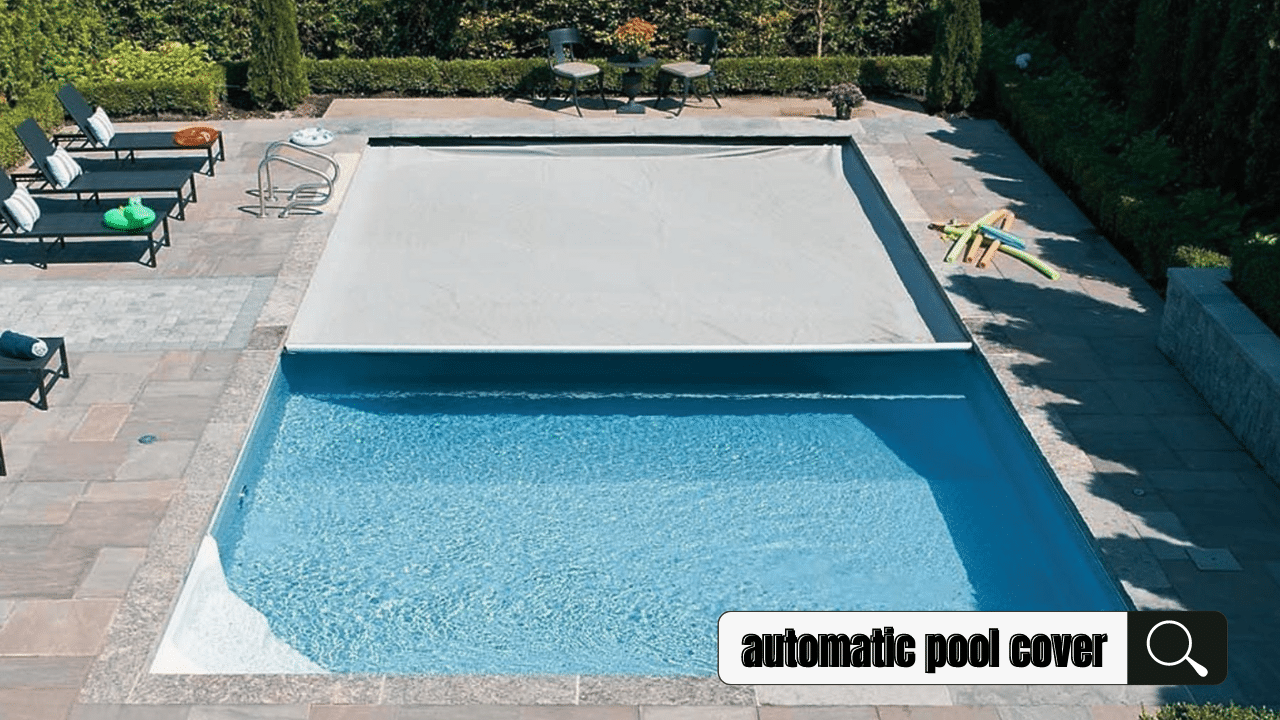
An automatic pool cover costs between $12,500 and $24,000 (or more) with the installation. Although it’s pretty expensive, here are some benefits to expect:
The maintenance of an automatic pool cover can also be expensive. Replacement will cost you a minimum of $1,500, with a general range of $3,000 and $5,000.
3. Standard Solar Cover
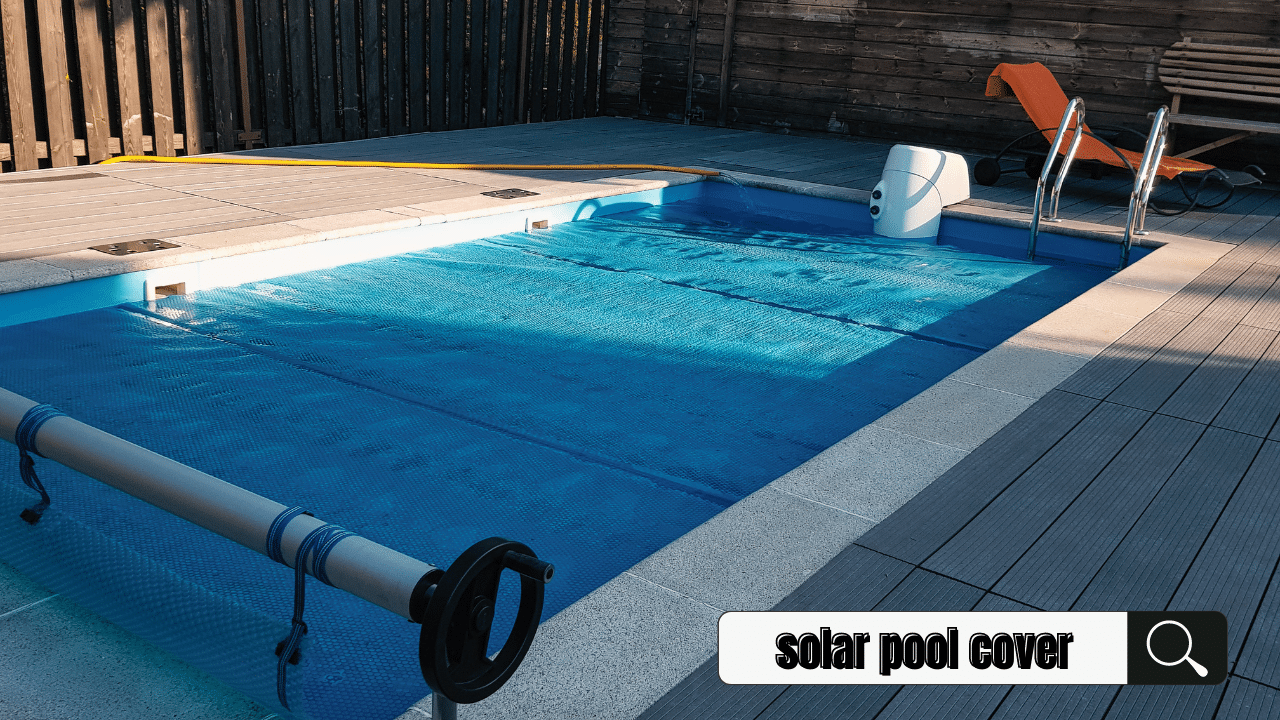
A solar pool cover ranges between $80 and $300 and lasts for about one to three swim seasons. Considering how much the other standard pool covers cost, you’ll realize you get what you pay for with a typical solar pool cover. Given its cost-effectiveness, it’s not known to last for long.
Nonetheless, it protects your pool from debris and direct sunlight. Consider this option as a quick, temporary fix– so if you’re looking for a short-term solution, this is a great option. It poses a water-safety risk factor since it won’t hold much weight. Although it doesn’t offer safety benefits, it is known to reduce evaporative heat loss. As such, it retains the heat that’s generated by the pool heater during the day. (Related: Everything You Need To Know About Solar Pool Covers)
4. Safety Pool Cover
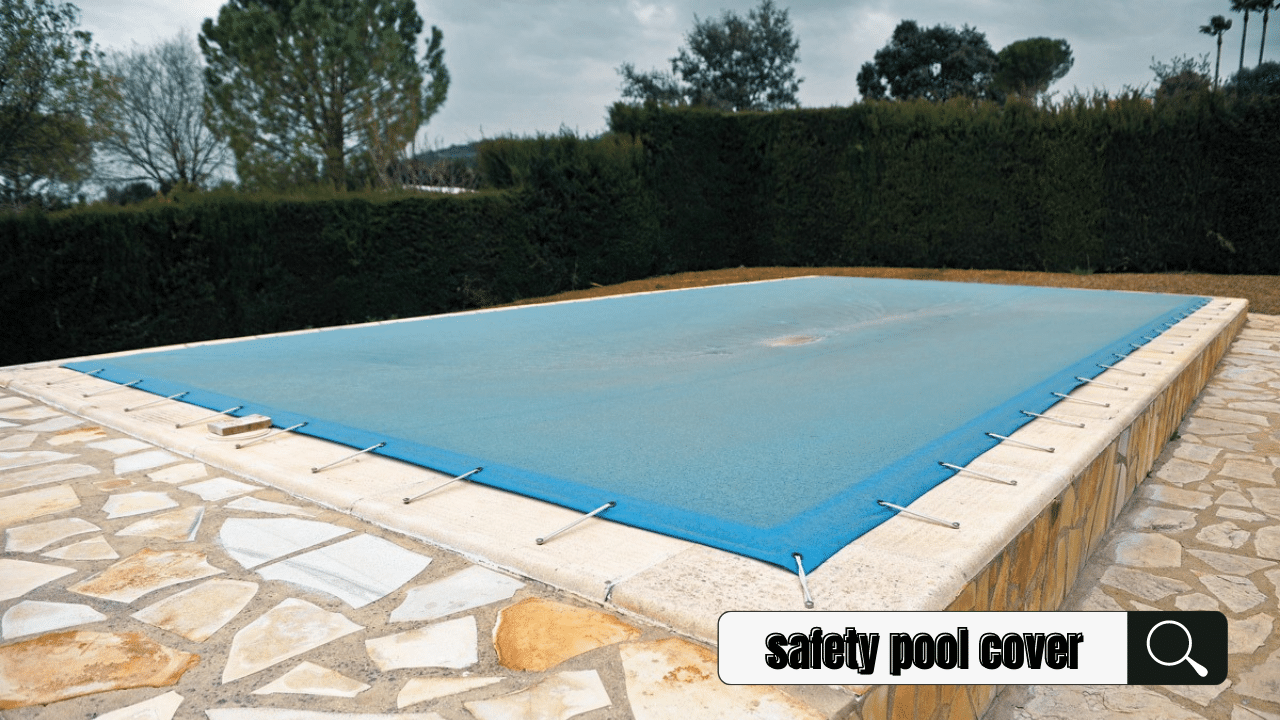
Safety pool covers (AKA security covers) cost anywhere between $1,400 and $3,400. This will depend on your chosen material type and size. It won’t be easy to remove and replace compared to automatic or motorized covers, but it serves its purpose in keeping children and your furry pets out of the pool water.
There are two types of safety pool covers: mesh and solid security pool covers. Let’s discuss their differences below.
Mesh Security Cover
Mesh security pool covers will cost you about $900 to $1,800 (or more). Some pool supply shops may sell one for as low as $600, but expect it won’t be high quality. Total costs will ultimately depend on the size, materials, and manufacturer/brand. If you have an in-ground pool, this will cost you at least $1,500.
Pros:
Solid Security Cover
A solid security cover costs $750 to $1,300 (or more). Like the other pool covers, total costs will depend on the size and the manufacturer. If you’re planning to browse at your local pool supply store, you may score a solid security cover for less than $750.
Like mesh security covers, expect to pay at least $1,500 for a solid security cover for your in-ground pool.
Pros:
5. Winter Pool Cover
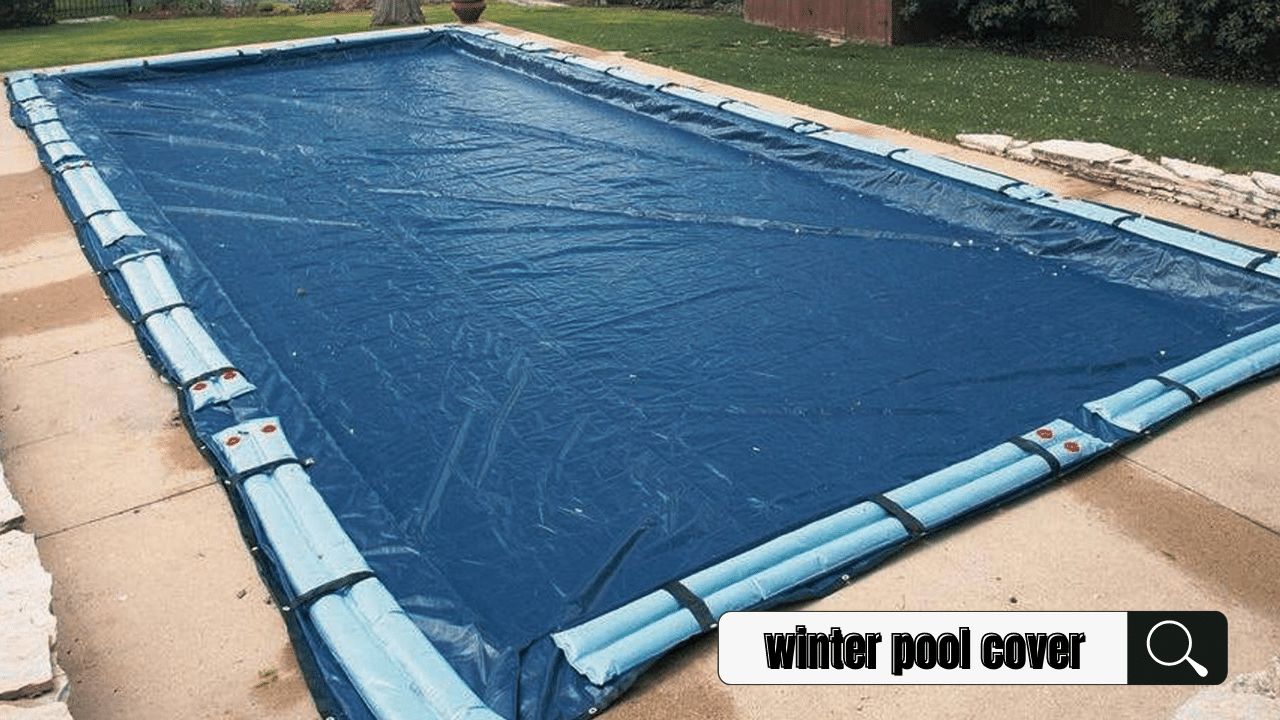
Winter pool covers are one of the most cost-effective inground pool covers, ranging from $75 to $200. Thicker, more durable materials may easily cost you more than $400, especially if they have more extended warranty coverage. In essence, a winter pool cover is similar to a fancy tarp. But, you can count on it to keep out any unwanted debris and prevent unwelcome guests from entering the pool.
Final Thoughts
Ultimately, a pool cover is a “must-have” for every pool owner. This accessory will help you protect the water from contamination, especially during seasons when the pool isn’t actively used, or nobody is swimming in it. (Related: Protect Your Pool: Different Types of Pool Covers)
It will also keep your wandering kids and furry friends from jumping into the water– protecting them from harm’s way.
Frequently Asked Questions
How long do most pool covers last?
Here's what you can expect regarding how long pool covers last on average, depending on the type.
When is the best time to install a pool cover?
A pool cover may be installed at any time of year, but the optimal period is in the fall. This is before or around the time the pool is closed. To avoid unnecessary pool cleaning, install the cover before the leaves fall. When the temperature is constantly over 70° F during the day, remove the cover.
Can I add an automatic pool cover to an existing pool?
If there is a wood or concrete deck around the pool, you can install an automatic pool cover. Because the cover's track system and mechanism may be integrated into the pool's design, installing an automatic cover during the initial pool installation is the easiest and least expensive option.
Are automatic pool covers worth installing?
An automatic pool cover has all of the advantages of a manual pool cover, plus the convenience of opening and shutting at the push of a button. Both automatic and manual pool covers enhance safety, lower chemical expenses and water loss, retain more heat, and decrease pool heating costs.
Should I close the cover if I drain my pool or the water level gets low?
If your pool is drained or the water level is 6 inches below the skimmer, never cover it. This may damage the system.
Do I have to cover all of the pool water?
No, from the standpoint of heating efficiency. It will heat the pool effectively even if it is not entirely covered, letting dirt and debris enter. The wind will start to strain the cover at the edge of a step or an unprotected section, eventually lifting it off the pool.
What are the benefits of a pool cover?
Having a pool cover provides several benefits:
